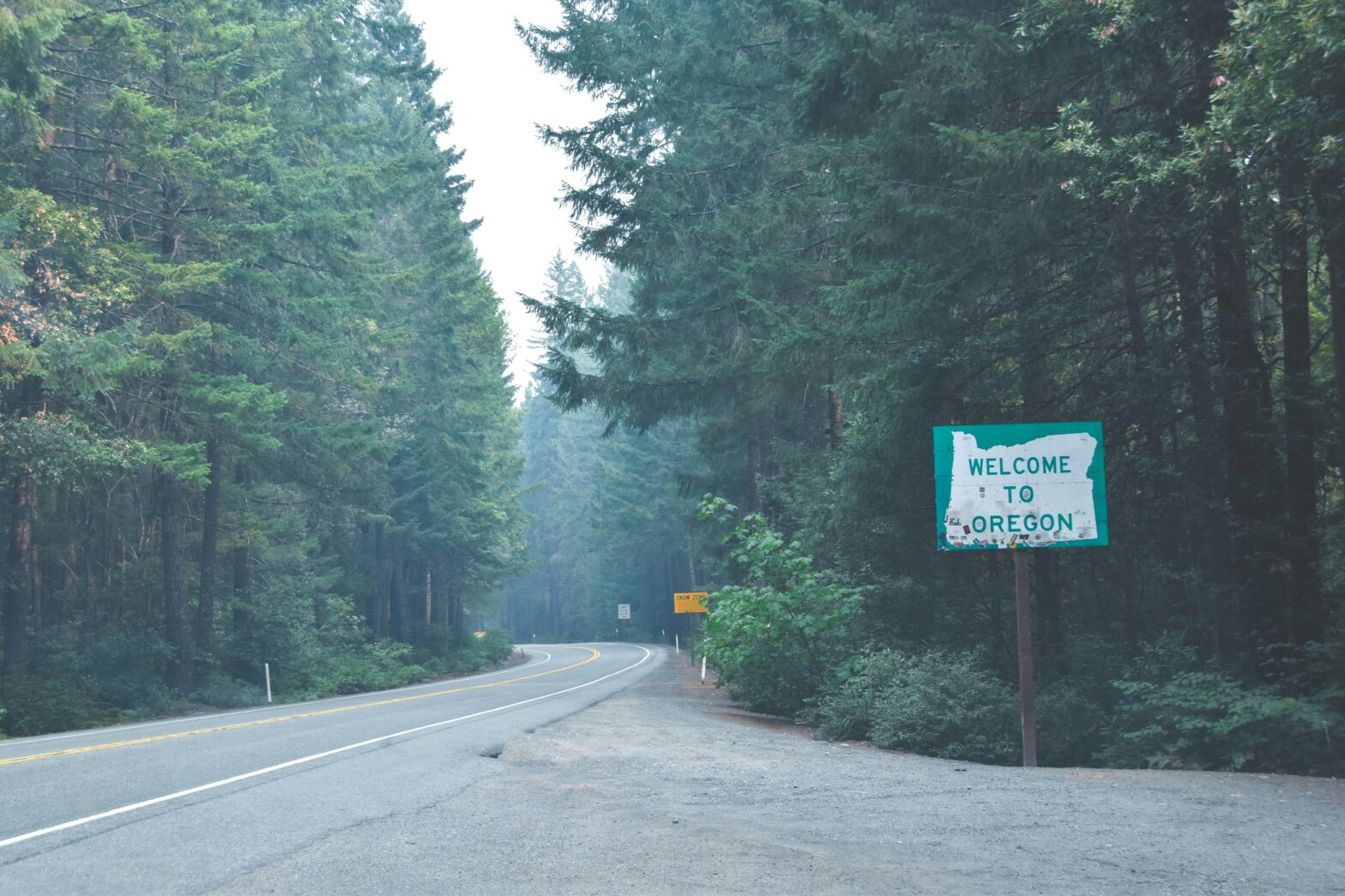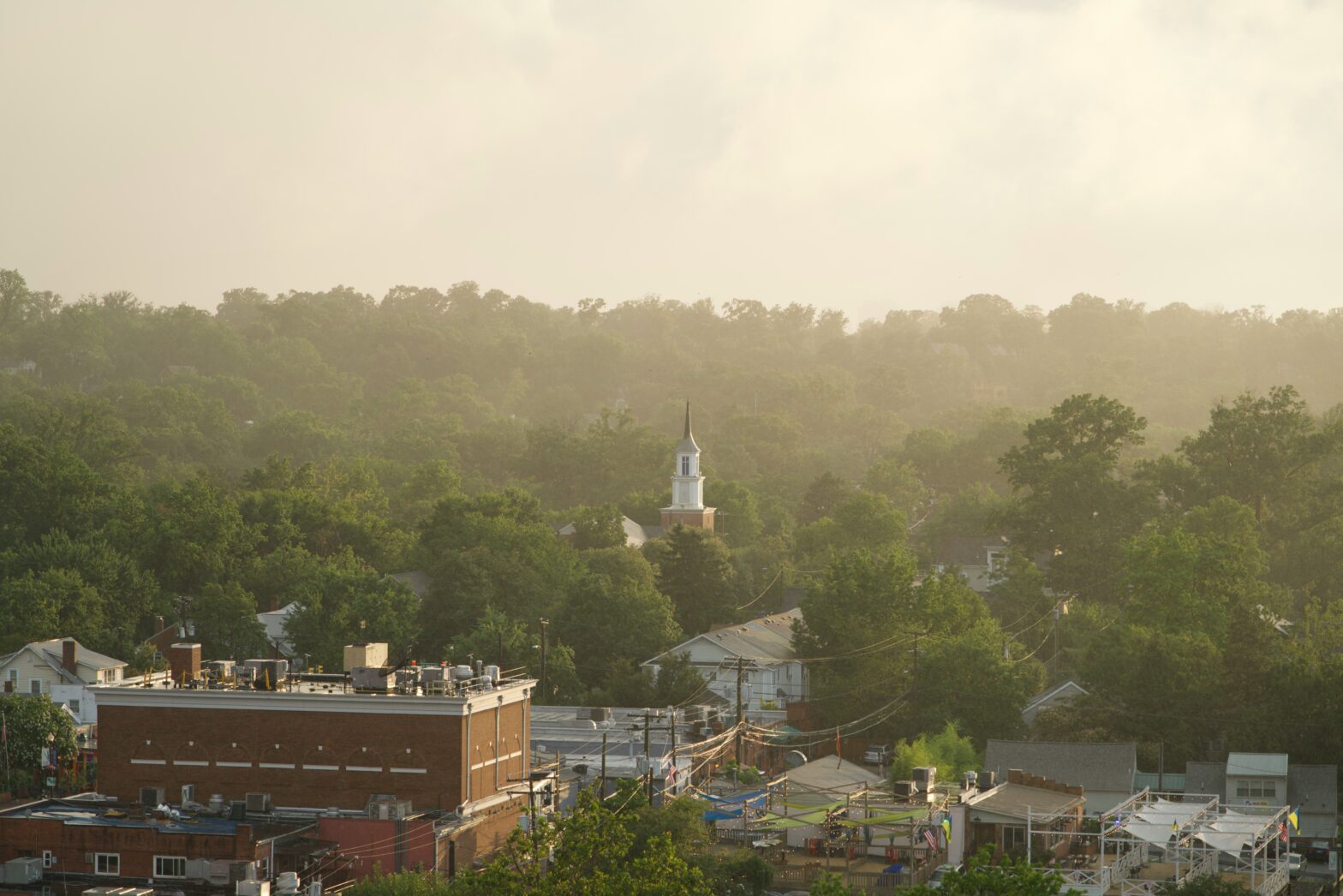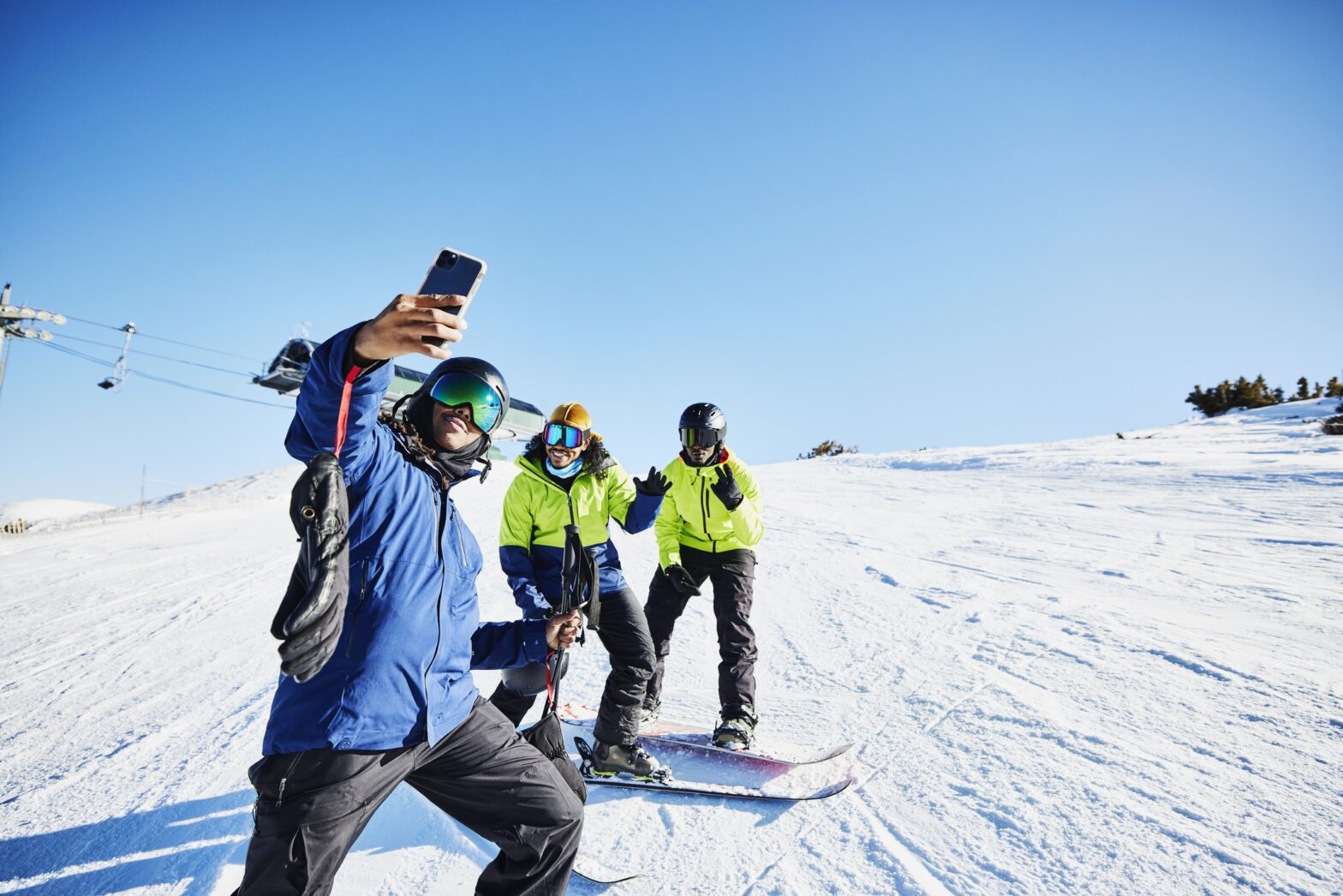One traumatic experience would be enough to deter people of color from enjoying national and state parks, but Pamela Slaughter can recall at least three negative experiences in Oregon. The first traumatic experience left her children hesitant to hike outside.
“We were harassed by some skinheads that were also on the trail,” she tells Travel Noire. “We used to go out every weekend. The kids, who were eight and nine then, didn’t want to go out anymore.”
Slaughter didn’t want that experience to define their relationship with the healing effects the outdoors provided. From then on, she and her family only went out on organized hikes. Unfortunately, she realized much hadn’t changed in Oregon after her grandson and nephews experienced uncomfortable encounters decades later.
“When my grandson and nephews were smaller, people would come up to them and tell them how cute they were and even help them point out different wildlife on the trails,”
She says that all changed when the boys reached ages 12 and 13.
“At this age, people started to see them as men. People began frowning at them and asking, ‘What program are you with?'” she says. The boys noticed and started asking if it was okay to be outside and if they were trespassing.
The Birth of PDX People of Color Outdoors
Uncomfortable experiences and racist incidents were happening all too often in Oregon, leaving people of color afraid to go outdoors. This was evident from the emails and calls she received from people of different backgrounds while she served as the first group leader for Portland’s Chapter of Outdoor Afro. People were asking Slaughter about the next organized outdoor meetup.
Slaughter used her experience of leading events safely with Outdoor Afro to launch PDX People of Color Outdoors in 2017. She started the organization because there was a clear need for Black, Indigenous, and people of color in Oregon to have a safe way to experience nature.
Unfortunately, the disparaging comments haven’t stopped. Just two years after the organization became a nonprofit in 2020, she says a white couple made it clear that the group of more than 20 hikers from various ethnicities and backgrounds didn’t belong on a trail in Gresham, about 10 minutes away from Portland.
“We were walking single file line, and when we came abreast with the couple, the woman covered her eyes and said, ‘I don’t want to see them walking on this trail,” Slaughter recalls. “They walked off even though the trail was wide enough for us all.”
Slaughter recognizes there is still a long way to go to make the outdoors inclusive for all but the negative experiences haven’t stopped her mission of getting people of color comfortable with the outdoors. Her goal with the nonprofit is to acquire two parcels of land with a retreat center so people of color can learn outdoor skills together as a community and expand the educational program for children.
“I want to do more with children because kids are so responsive and passionate about nature,” says Slaughter. “I don’t want them to lose that as they get older because of bad apples on the trail and because it’s not being taught in public schools.”
PDX People of Color is working on finding a fiscal sponsor and relying on donations to continue funding their educational programs and their goal of acquiring land. Slaughter says the best way for people to donate is to their cause online or by sending donations to 8383 NE Sandy Boulevard, Suite 435, Portland, Oregon 97203.





